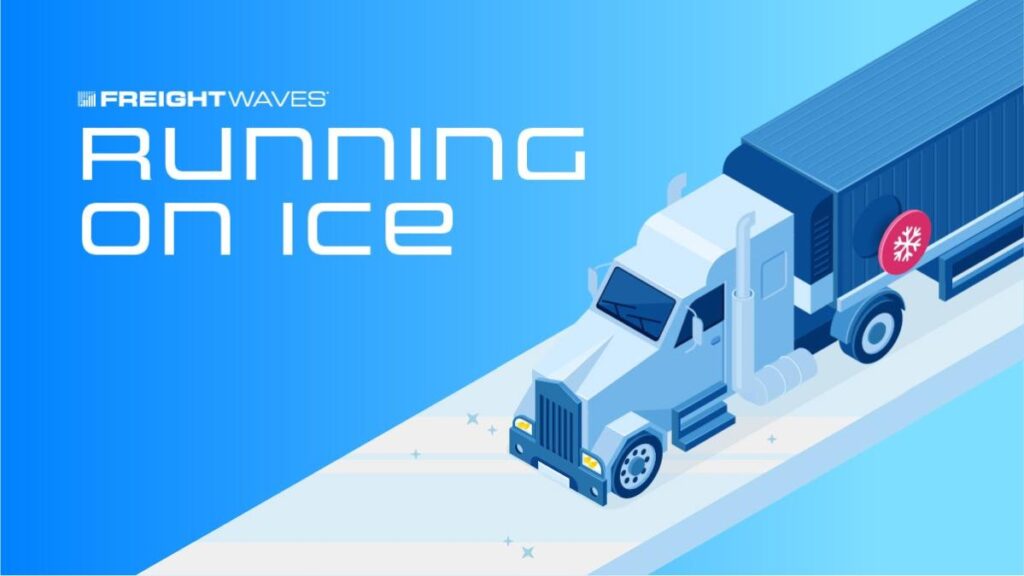Reefer sustainability just got a big leg up with a collaboration between SeaCube and GreenSee. This collaboration uses “SeaCube’s green and net-zero reefer leasing options, powered by Greensee’s AI-driven CO2 emissions reporting technology,” to set “a new standard for energy efficiency and environmental responsibility in cold chain logistics,” according to a news release.
Refrigerated containers account for about 10% of a ship’s container capacity but can consume 20%-30% of a vessel’s total power output. Shippers can now lease more eco-friendly containers while also maintaining product quality and energy efficiency.
“As a global leader in refrigerated intermodal equipment leasing, SeaCube is dedicated to investing in transformative sustainability solutions,” Gregory Tuthill, SeaCube Containers chief commercial officer, said in the release. “These initiatives not only help customers meet their rigorous sustainability targets but also significantly reduce the carbon footprint of refrigerated transport.”
Not to be outdone by the SeaCube and GreenSee collaboration, the NX Group is partnering with Tive for all things tracking and monitoring services. Tive’s ability to give shippers an accurate picture of what’s happening with cargo in transit is the crucial part the the NX Group needed for its semiconductor business. Turns out semiconductors have stringent shipping requirements.
According to a news release, “The NX Group has positioned the semiconductor industry as a priority industry in the ‘NX Group Business Plan 2028 Dynamic Growth 2.0 – Accelerating Sustainable Growth,’ and is accordingly accelerating its semiconductor-related logistics initiatives. Tive accurately records the timing of shock on cargo through acceleration measurement that maintains higher stability and incorporates humidity control in addition to temperature control. This will further improve the quality of the Group’s end-to-end transportation services that monitor cargo status, especially those provided to semiconductor-related companies requiring strict temperature, humidity and shock control.”
The drug category that continues to sweep the nation is GLP-1, more commonly known as Ozempic, Wegovy and Zepbound. These new drugs are designed to help lower blood sugar levels and promote weight loss. Originally designed as a diabetes drug for managing blood sugar, they have morphed into a more mainstream weight-loss approach as 12% of the adult population of the U.S. has used GLP-1 drugs.
Taking advantage of the popularity of the drugs is none other than the frozen food giant Conagra Brands. Following its intensive consumer research on frozen food trends, the company is releasing GLP-1-friendly foods. This isn’t necessarily an entirely new brand of food but an enhancement to the existing lineup.


